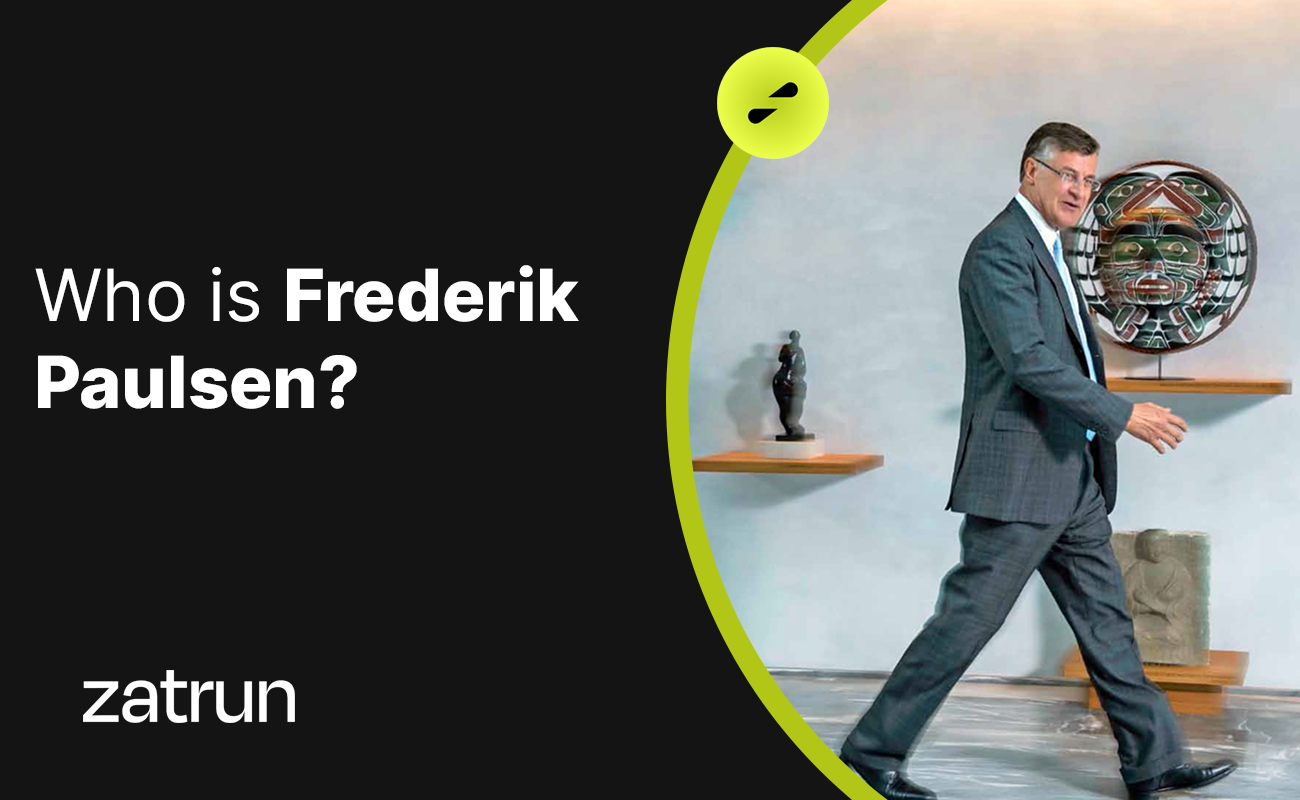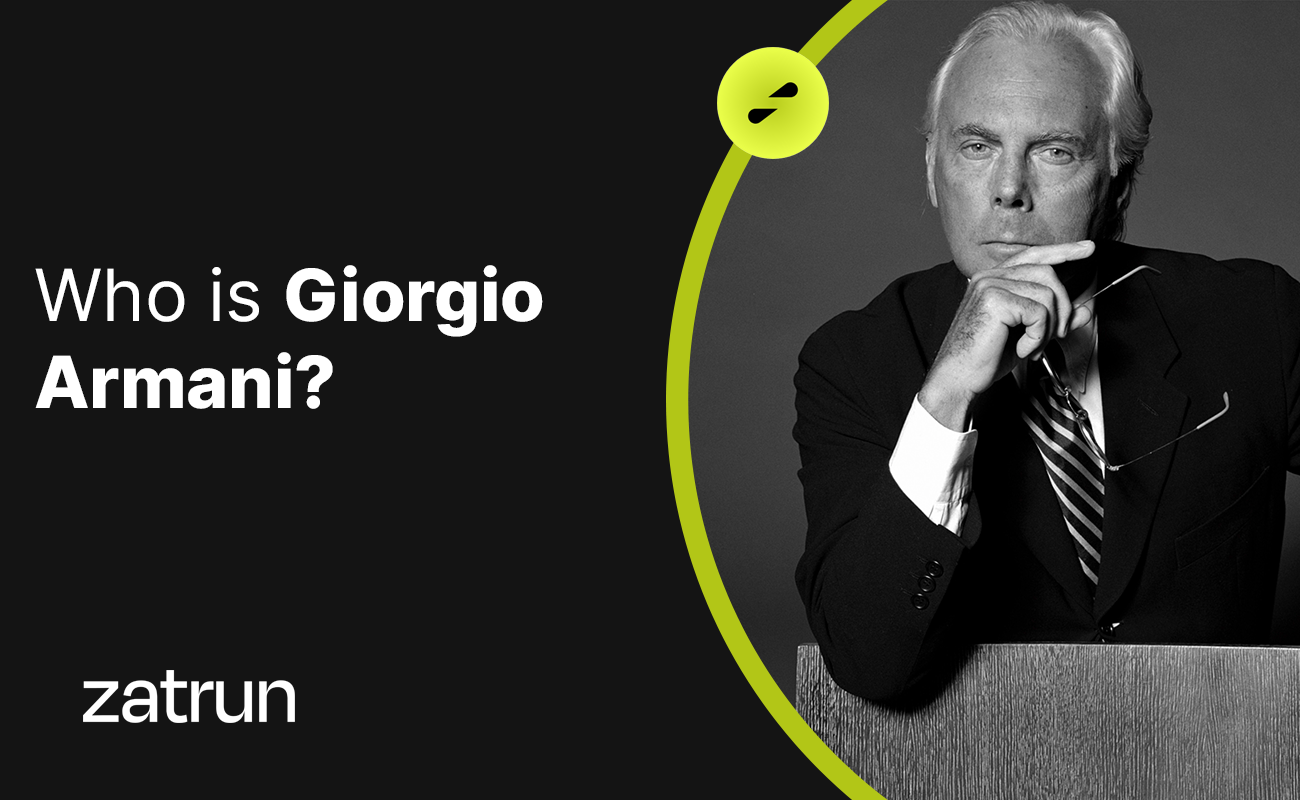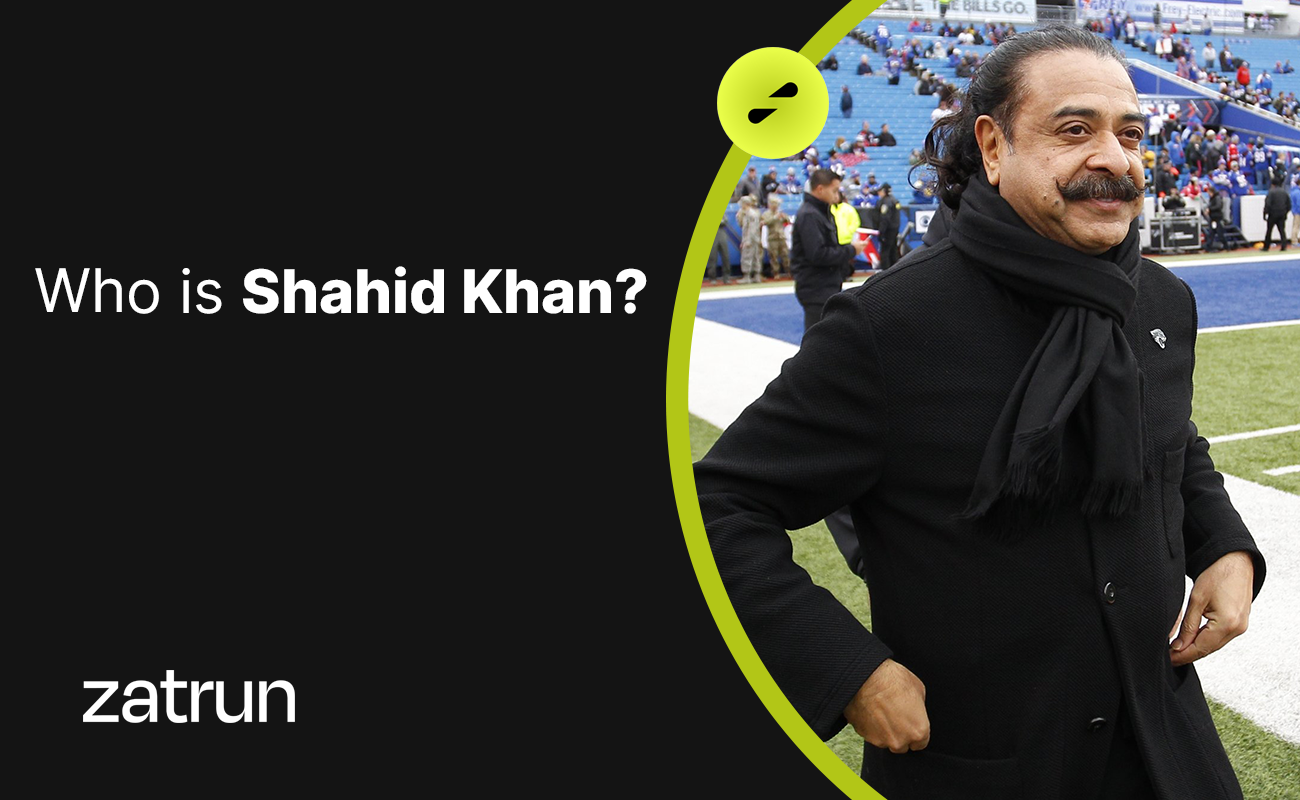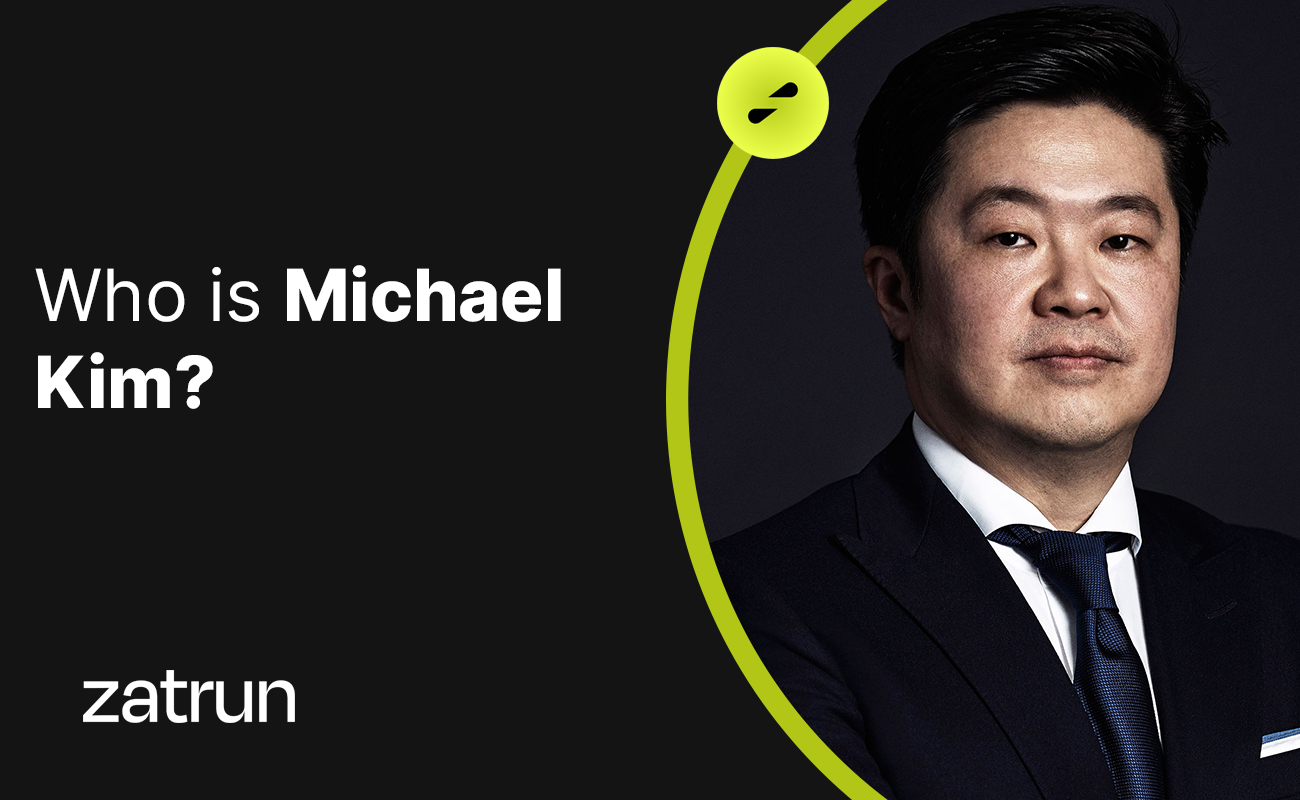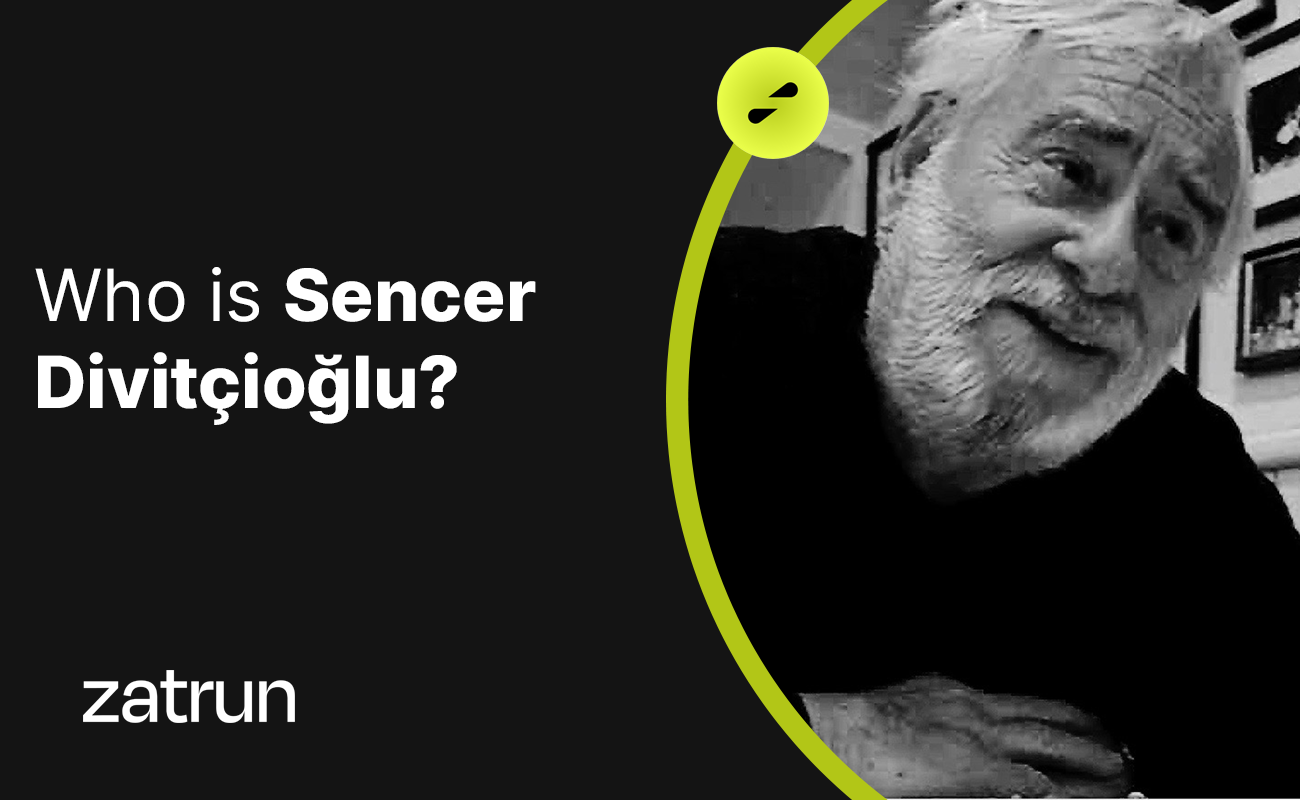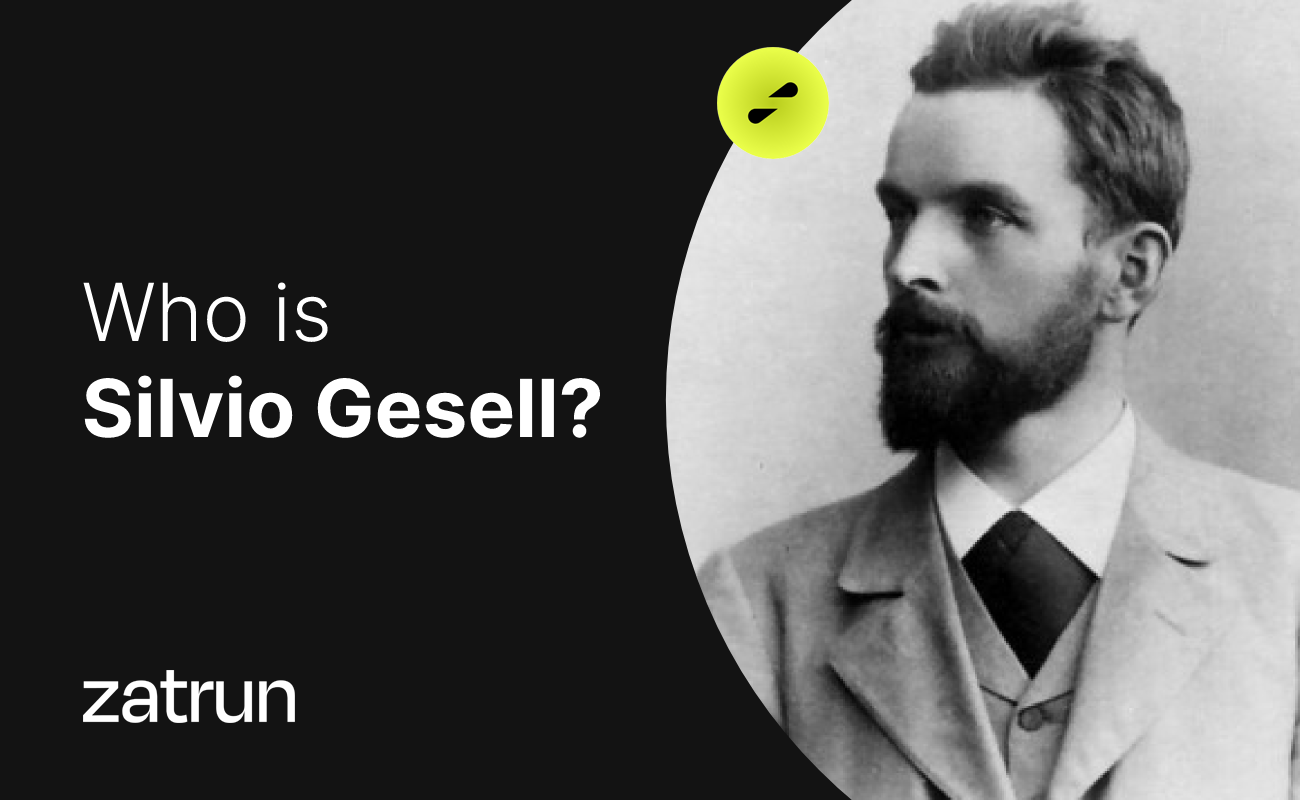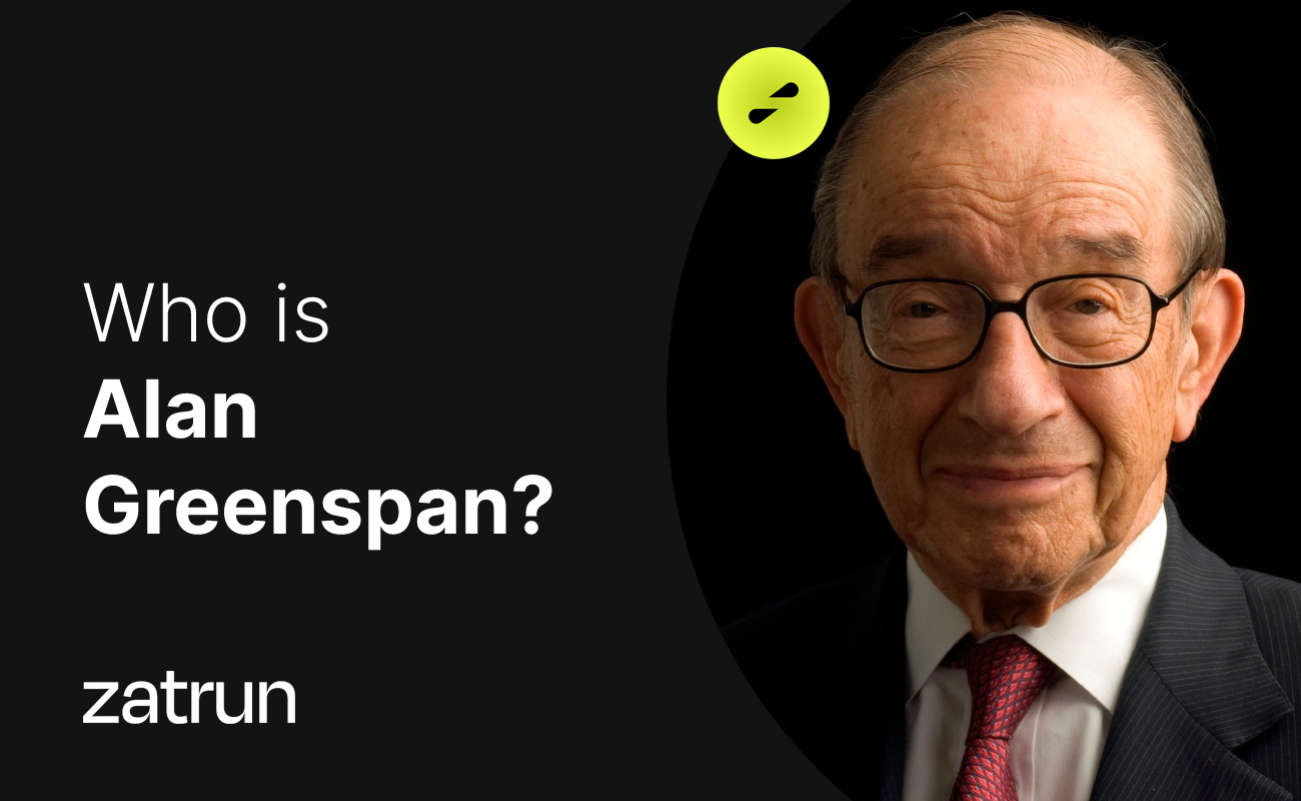Clive Granger 101: Who is the Famous British Econometrist? in our article of Zatrun.com, we will cover in detail everything you need to know about Clive Granger, the famous British econometrist that our readers are curious about.
Who is Clive Granger?
Clive Granger was a British econometrician known for his contributions to time series analysis. He taught at the University of Nottingham in the UK and at the University of California, San Diego in the United States. In 2003, he was awarded the Nobel Memorial Prize in Economic Sciences for his work on analyzing time series data, which fundamentally changed how economists analyze financial and macroeconomic data.
Sir Clive William John Granger was a British econometrician known for his contributions to time series analysis. He taught at the University of Nottingham in the UK and the University of California, San Diego in the US. In 2003, he was awarded the Nobel Memorial Prize in Economic Sciences for his contributions to analyzing time series data, which fundamentally changed the way economists analyze financial and macroeconomic data. Granger was born in Swansea, South Wales in 1934 to Edward John Granger and Evelyn Granger, and his family moved to Lincoln the following year.

Years of World War and Beyond:
During the World War, Granger and his mother moved to Cambridge when he joined the Royal Air Force and was deployed to North Africa. They first stayed with Evelyn’s mother and later with Edward’s family, where Clive began school. He continued his primary education in Cambridge and then went to secondary school in Nottingham when his family moved there after the war.
Two teachers encouraged Granger’s interest in physics and applied mathematics. He planned to follow the convention of finishing school education at the age of 16 and entering the workforce, potentially working at a bank or insurance company. However, positive social influence from his peers and support from his father led him to enroll in sixth form for a university education.
Clive Granger pursued a joint degree in economics and mathematics at the University of Nottingham, but switched to full-time mathematics education in his second year. After receiving his BA in 1955, he stayed at the University of Nottingham for a statistics doctoral program under the supervision of Harry Pitt. In 1956, at the age of 21, Granger was appointed as a junior statistics teacher at the university.
Clive Granger and His Academic Life:
In 1959-1960, he spent time at Princeton University on the Harkness Fellowship of the Commonwealth Fund scholarship. He was invited to participate in an econometric research project by Oskar Morgenstern. Here, Granger and Michio Hatanaka worked as assistants on a project applying Fourier analysis to economic data with John Tukey.
In 1964, Clive Granger and Hatanaka published their research results in a book titled “Spectral Analysis of Economic Time Series” (Tukey encouraged them to write this book as he would not publish the results himself). In 1963, Granger also wrote a paper titled “Typical Spectral Shapes of an Economic Variable,” which was published in Econometrica in 1966. The book and paper were influential in the acceptance of new methods.
In 1968, after reading an early version of George Box and Gwilym Jenkins’ time series book, Granger became interested in prediction. He worked on this with postdoctoral student Paul Newbold for several years, and they published a book in 1977 that became a standard reference in the field of time series prediction. Granger and Newbold also wrote the famous 1974 artificial regression paper, which led to the reevaluation of previous empirical studies in economics and the development of econometric methodology.
Granger spent 22 years at the University of Nottingham. In 2005, the building that houses the Economics and Geography departments was renamed the Sir Clive Granger Building in honor of his Nobel Prize.



